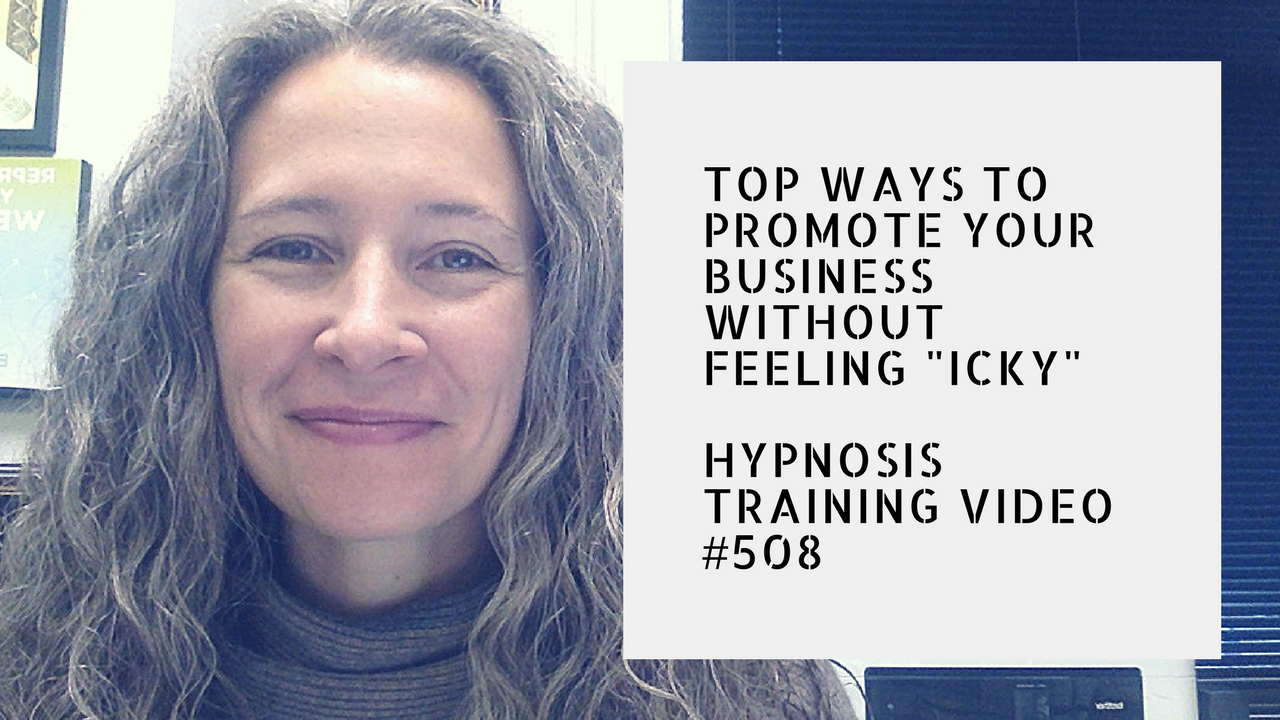The Art and Science of Self-Love: Transformation from Within
In today's fast-paced world, where external achievements often overshadow inner peace, the concept of self-love might sound like a luxury or a buzzword from the latest self-help bestseller. However, beyond the fluffy words and Instagram quotes lies a profound practice backed by scientific research.
Self-love, admittedly, can feel awkward or even self-indulgent at first, like attempting to pat yourself on the back for no reason. But what if we told you that embracing self-love is not just about feeling good but about unlocking a healthier, more fulfilled version of yourself? This article dives into the scientific benefits of self-love, debunking myths and offering a beginner-friendly guide to genuinely caring for yourself.
What is Self-Love?
Self-love should not be confused for narcissism or selfishness -- it's not about feeling better than other people. Self-love is about detaching from comparing yourself to others and believing that you are worthy of having your needs met.
At its core, self-love is the practice of understanding, accepting, and appreciating oneself, acknowledging both strengths and weaknesses without judgment. It involves treating yourself with kindness, respect, and compassion, especially during times of error or failure, much like you would treat a loved one. Self-love encourages us to set healthy boundaries, prioritize our well-being, and forgive ourselves for our mistakes, fostering a positive internal environment where we can thrive.
This concept goes beyond mere self-care rituals like bubble baths or treating oneself to a nice meal (though these can be components of self-love). It's about the deep, foundational work of building a relationship with yourself that's rooted in respect and understanding. It's acknowledging your needs and allowing yourself to meet them, recognizing your desires and giving yourself permission to pursue them, and seeing your value and giving yourself the love you freely offer to others.

Why Self-Love Feels Awkward But Necessary
The Science of Discomfort: Initially, practicing self-love can feel uncomfortable. Neuroscientific studies suggest that this discomfort arises from stepping out of our established self-perception. Our brains are wired to maintain a consistent self-image, even if it's a negative one, because predictability is often equated with safety. So if you're used to using a critical voice with yourself, it can feel difficult and awkward to start saying supportive things to yourself.
The Reality of Self-Love: Self-love is not about narcissism or self-absorption. It's about acknowledging your worth, respecting your needs, and understanding that caring for yourself increases your capacity to care for others. Studies in psychology have shown that self-compassion, a core component of self-love, is linked to lower levels of anxiety and depression and higher resilience against stress.
Why Self-Love Matters
In a society that often measures worth by productivity or comparison, self-love acts as a radical act of self-acceptance. It challenges the notion that our value comes from external validation or achievement and instead places worth on our intrinsic qualities and humanity. By cultivating self-love, we not only improve our own lives but also enhance our interactions with others. A person who loves and respects themselves is more likely to extend that love and respect to the people around them, creating healthier and more fulfilling relationships.
Moreover, self-love is essential for mental and emotional health. It's the antidote to the harsh critic within that knows all our insecurities and fears. By learning to silence this critic with compassion and understanding, we open the door to a more peaceful and contented life. Self-love doesn't mean we never feel bad or face difficulties; it means we navigate these challenges with a supportive friend on our side – ourselves.

The Tangible Benefits of Self-Love
-
Improved Mental Health: Research published in the Journal of Clinical Psychology found that individuals practicing self-compassion experienced fewer mental health symptoms, including reduced anxiety and depression.
-
Enhanced Resilience: A study in the "Personality and Social Psychology Bulletin" revealed that self-love practices could buffer against the impact of stress, enhancing emotional resilience.
-
Better Physical Health: Surprisingly, self-love has physical benefits too. A healthier self-image can motivate more consistent care for the body, leading to improved lifestyle choices. According to a study in the "Health Psychology Review," self-compassion was positively correlated with health-promoting behaviors.
How to Begin Your Journey of Self-Love
Start Small: Begin by changing the tone of your inner dialogue. A simple shift from self-criticism to understanding and encouragement can initiate a profound transformation. Check out our article on the benefits of self-talk for a deeper dive into evolving your self-talk habits.
Set Realistic Expectations: Understand that self-love is a journey, not a destination. Some days will be easier than others, and that's okay. The key is persistence, not perfection.
Seek Authenticity, Not Perfection: Embrace your imperfections as part of what makes you unique. Authentic self-love means accepting yourself as you are, not as you think you should be.
Hypnosis Helps: Hypnosis is a valuable tool to help your brain transition into defaulting to positive self-talk more easily. We have an amazing video that utilizes binaural beats and hypnosis to promote positive self talk that you can watch here.
Conclusion
Self-love is a scientifically supported pathway to a healthier, happier life. By starting with small, sincere steps and recognizing the genuine value of self-care, we can all embark on a journey of self-discovery and fulfillment. Remember, the practice of self-love begins with the acknowledgment that you are worthy of care and compassion – from yourself as much as from others.


